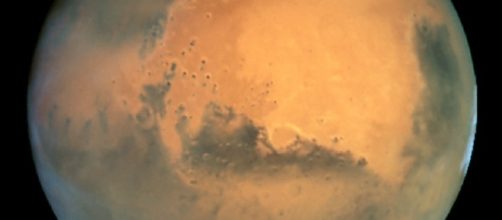Back at the beginning of the now defunct Obama administration, norm augustine, the former CEO and chairman of Lockheed Martin, was asked to head a presidential commission (the second he had been in charge of) to offer recommendations for the future of the American space program. After months of deliberation and study the commission offered two options, called Moon First, which is self-explanatory, and Flexible Path, which would have sent astronauts to everywhere but the moon. The Commission correctly ruled out going directly to Mars.
The Obama administration, as is its want, ignored the commission’s recommendations.
At first, it tried to end President George W. Bush’s space exploration program for a couple of government studies, standard political tactics to kill a program that is too popular to end outright. Then, when the political and public outrage proved to be too hot, Obama hit upon the underfunded Journey to Mars program that lacked direction and lacked seriousness.
Fast forward seven years later, and Augustine has penned an oped in Wired along with former astronaut Mark Kelly and former NASA Ames Director Scott Hubbard. The message of the article is that NASA should send astronauts to Mars, especially embarking on a Journey to Mars that is actually funded and has a plan to accomplish its goal. The proposal even has a year guaranteed, 2033.
Why Augustine decided to flip-flop on the idea of going directly to Mars, do not go to the moon first, collect $200 billion, is uncertain. The article cites three standard reasons for a Mars project, science, technological spinoffs, making sure that other countries do not surpass the United States. These are valid reasons, though it ignores the fact that Europe, Russia, and China are focused on the moon.
Of course, the three reasons are also valid ones for going back to the moon first. Add to that the commercial possibilities that the moon contains, plus the fact that it is easier to get to, we should conclude that the original conclusions of the Augustine Commission concerning Moon First, backed up by subsequent studies done by MIT and NextGenSpace, were sound. Fortunately, it looks like the Trump Administration agrees and will, in due course, instruct NASA to make the course change.

